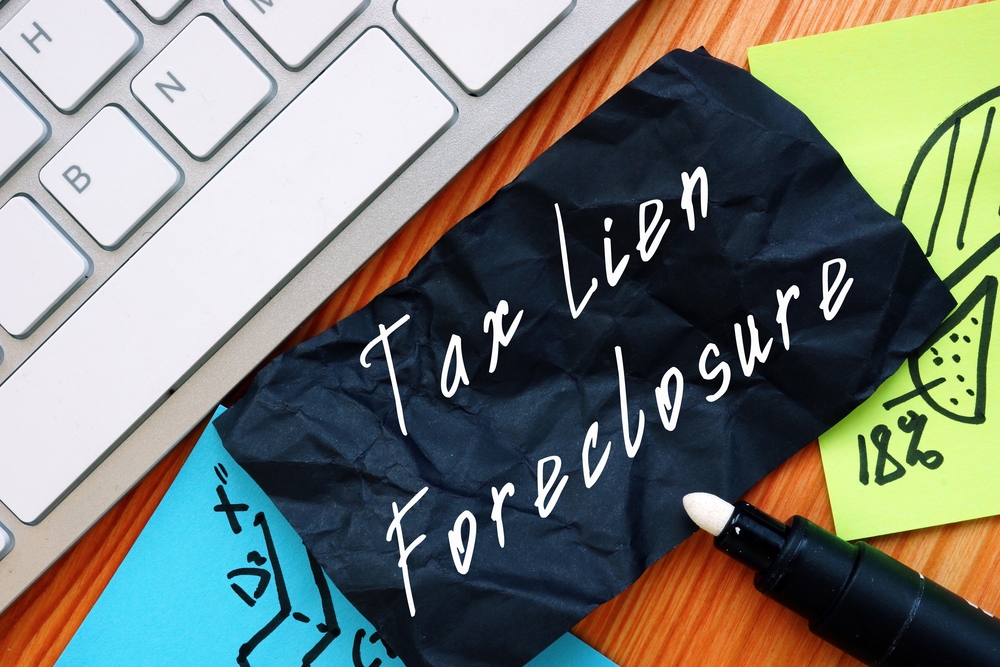Steps the IRS Will Take to Collect Your Overdue Tax Debt
- Jun 29, 2024
 Tax debt is not a matter to be taken lightly. When you owe taxes to the IRS, it is crucial to understand the steps the agency may take to collect the amount due. The IRS has a comprehensive and structured process for tax collection, designed to ensure compliance and recover funds owed. Here’s an in-depth look at the steps they may take against you to collect your overdue taxes.
Tax debt is not a matter to be taken lightly. When you owe taxes to the IRS, it is crucial to understand the steps the agency may take to collect the amount due. The IRS has a comprehensive and structured process for tax collection, designed to ensure compliance and recover funds owed. Here’s an in-depth look at the steps they may take against you to collect your overdue taxes.
Initial Contact and Notices
The first step the IRS typically takes is to send a series of notices. These notices inform you of your outstanding tax debt and outline your obligations. Here are the key notices you might receive:
- Notice of Tax Due: This notice details the amount you owe, including any penalties and interest that have accrued. It also provides instructions on how to pay the debt or contact the IRS for further assistance.
- Final Notice of Intent to Levy and Notice of Your Right to a Hearing: If you do not respond to the initial notices, the IRS will issue this final notice. It signifies that the IRS intends to levy your assets if the debt remains unpaid. You have the right to request a hearing within 30 days to contest the levy.
Payment Plans and Negotiations
If you are unable to pay the full amount immediately, the IRS offers various payment options. It is advisable to communicate with the IRS early to discuss these alternatives:
- Installment Agreement: This allows you to pay your debt over time in monthly installments. You must propose a reasonable payment plan, and the IRS will consider your financial situation before approving the agreement.
- Offer in Compromise (OIC): If you cannot pay the full amount, you may propose an OIC, which allows you to settle your tax debt for less than the full amount owed. The IRS will evaluate your ability to pay, income, expenses, and asset equity before accepting the offer.
- Currently Not Collectible (CNC) Status: If you can demonstrate severe financial hardship, the IRS may temporarily halt collection activities and place your account in CNC status. However, penalties and interest will continue to accrue during this period.
Enforced Collection Actions
When voluntary compliance and negotiations fail, the IRS has several tools at its disposal to enforce collection. These actions can significantly impact your financial situation:
- Federal Tax Lien: A tax lien is a legal claim against your property, including real estate, personal property, and financial assets. A Notice of Federal Tax Lien alerts creditors that the IRS has a claim on your assets, which can affect your credit score and ability to obtain loans.
- Tax Levy: A levy allows the IRS to seize your property to satisfy the tax debt. This can include garnishing wages, taking funds from your bank accounts, seizing and selling real estate, and taking other personal property. Before a levy, the IRS will send a Final Notice of Intent to Levy, giving you a chance to address the debt.
- Seizure of Assets: In extreme cases, the IRS may seize and sell your assets, such as cars, boats, or real estate, to recover the amount owed. This is typically a last resort after other collection methods have been exhausted.
Legal Actions
The IRS also has the authority to pursue legal action against taxpayers who do not comply with payment requirements. This may include:
- Summons: The IRS may issue a summons to obtain information from you, your financial institutions, or other third parties. A summons requires you to provide documentation or testimony relevant to your tax debt.
- Injunctions: The IRS can seek an injunction from a federal court to stop certain activities, such as the sale of assets that would impede tax collection efforts.
- Referral to the Department of Justice (DOJ): In cases of significant tax debt or willful noncompliance, the IRS may refer the case to the DOJ for civil or criminal prosecution. This can result in severe penalties, including fines and imprisonment.
Collection Due Process (CDP) Hearing
If you receive a Final Notice of Intent to Levy or a Notice of Federal Tax Lien, you have the right to request a Collection Due Process (CDP) hearing. This hearing provides an opportunity to:
- Challenge the Debt: You can dispute the amount you owe if you believe it is incorrect.
- Discuss Payment Options: You can propose alternative payment arrangements, such as an installment agreement or an OIC.
- Delay Collection Actions: Requesting a CDP hearing will temporarily halt IRS collection activities until the hearing is completed and a determination is made.
Dealing with overdue tax debt can be daunting, but understanding the IRS collection process can help you navigate it more effectively. It is crucial to respond promptly to IRS notices, explore payment options, and seek professional assistance if needed. Ignoring tax debt can lead to severe consequences, including liens, levies, and legal action. By taking proactive steps, you can manage your tax obligations and work towards resolving your debt with the IRS. For personalized guidance and assistance, contact the IRS Advocates today and schedule your free initial consultation.
STOP THE IRS!
Settle for less & Protect your assets
Never Call the IRS without Speaking with our Pros First!